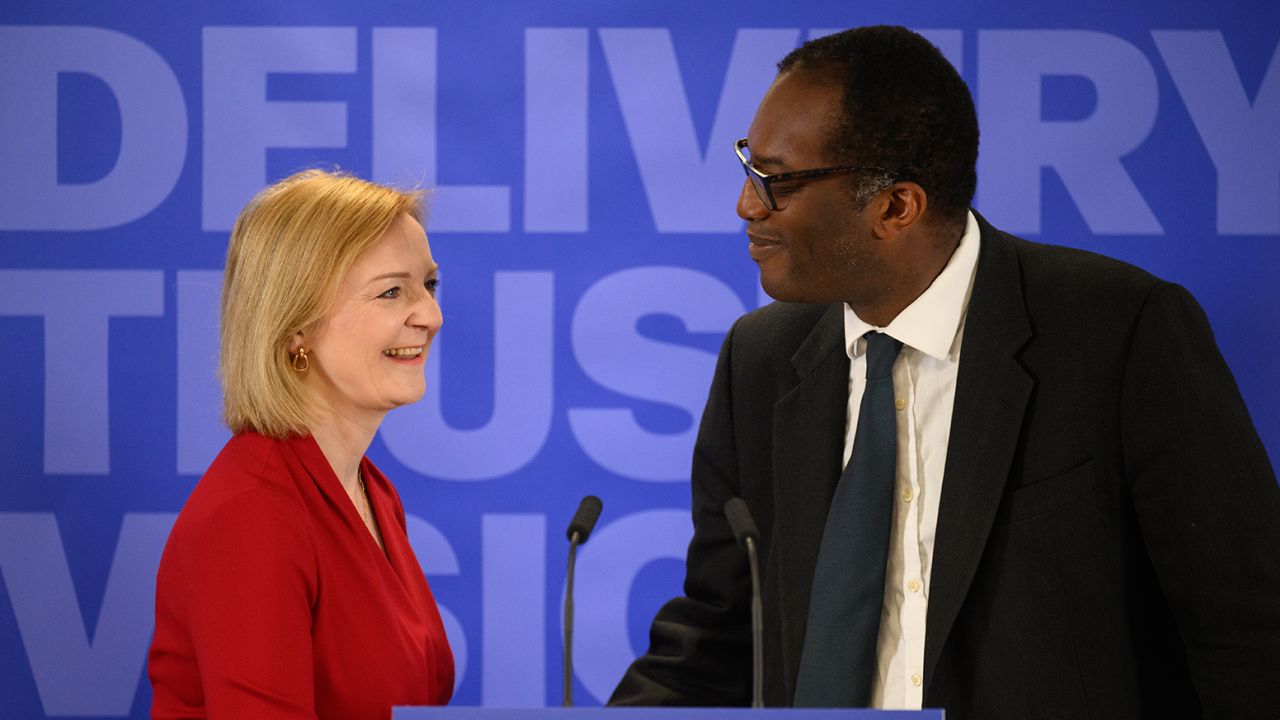Britain's Prime Minister Liz Truss speaks during Prime Minister's Questions in the House of Commons in London, Engalnd, on October 12.
(Jessica Taylor/UK Parliament/AP)
Spare a thought for British Conservative members of parliament.?
The governing party of the United Kingdom thought they had it bad with scandal-stricken Boris Johnson wrecking their poll numbers and turning what was once called the natural party of government into an exploding clown car.?
But having spent an enormous amount of energy removing a reluctant Johnson from office this summer, exhausted MPs say his replacement, Liz?Truss?– just 37 days into the job – seems hellbent on making the bad situation worse.?
After her mini-budget – which proposed unfunded tax cuts, huge government borrowing and let energy companies off from a windfall tax – sent the pound tumbling and caused all manner of wider economic chaos, they are faced with the grim reality of having a leader they deem to be more damaging than Johnson but will be even harder to replace.?
“Even if you think she’s awful, we can’t replace her this soon,” a former cabinet minister and?Truss?supporter tells CNN. “I am not optimistic about the future, but we need to try and ride this out and learn from the mistakes.”?
The mistakes in question were, most MPs agree, terrible communications from the government and trying to do too many things too fast, without being adequately funded.
“They committed to huge spending, rightly, to help people with energy bills, then immediately started talking about tax cuts,” a senior Conservative says. As a result, they are not “even getting credit for spending a load of money. When you announce policy like this you have to roll the pitch like mad. Why didn’t they roll the pitch?”?
Truss may be forced into a U-turn on Friday and her chancellor, Kwasi Kwarteng, is battling to save his job.
Read more about the dire mood in the Conservative Party here.


















